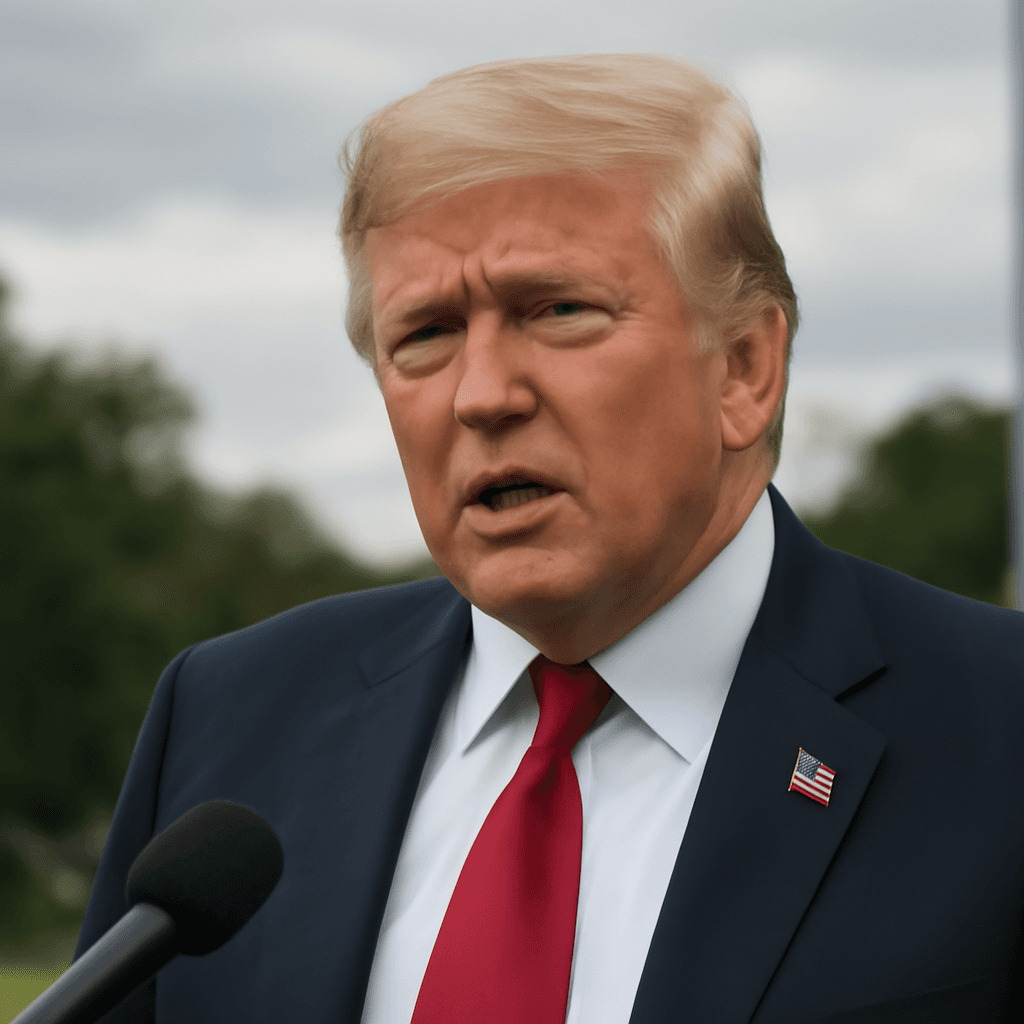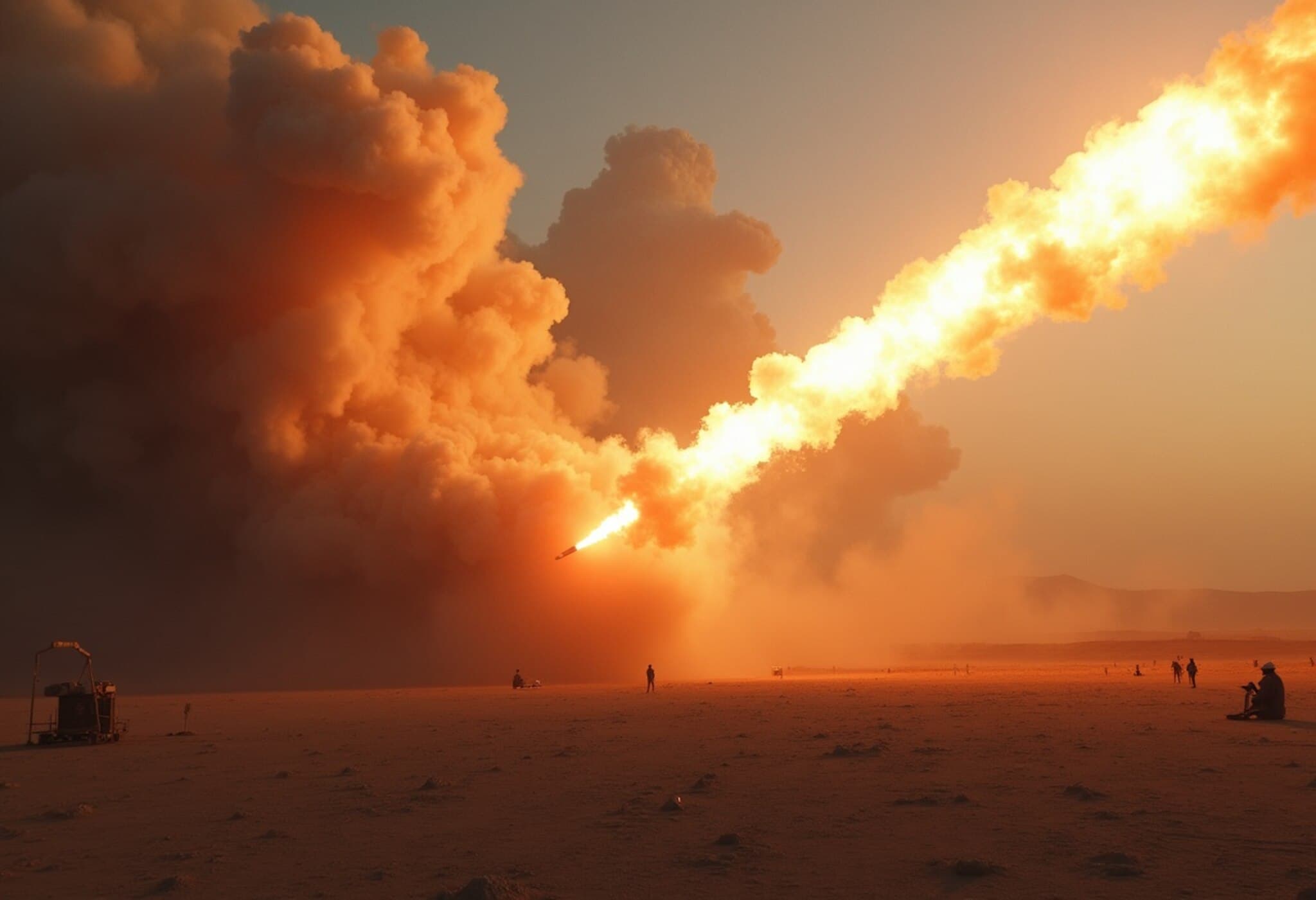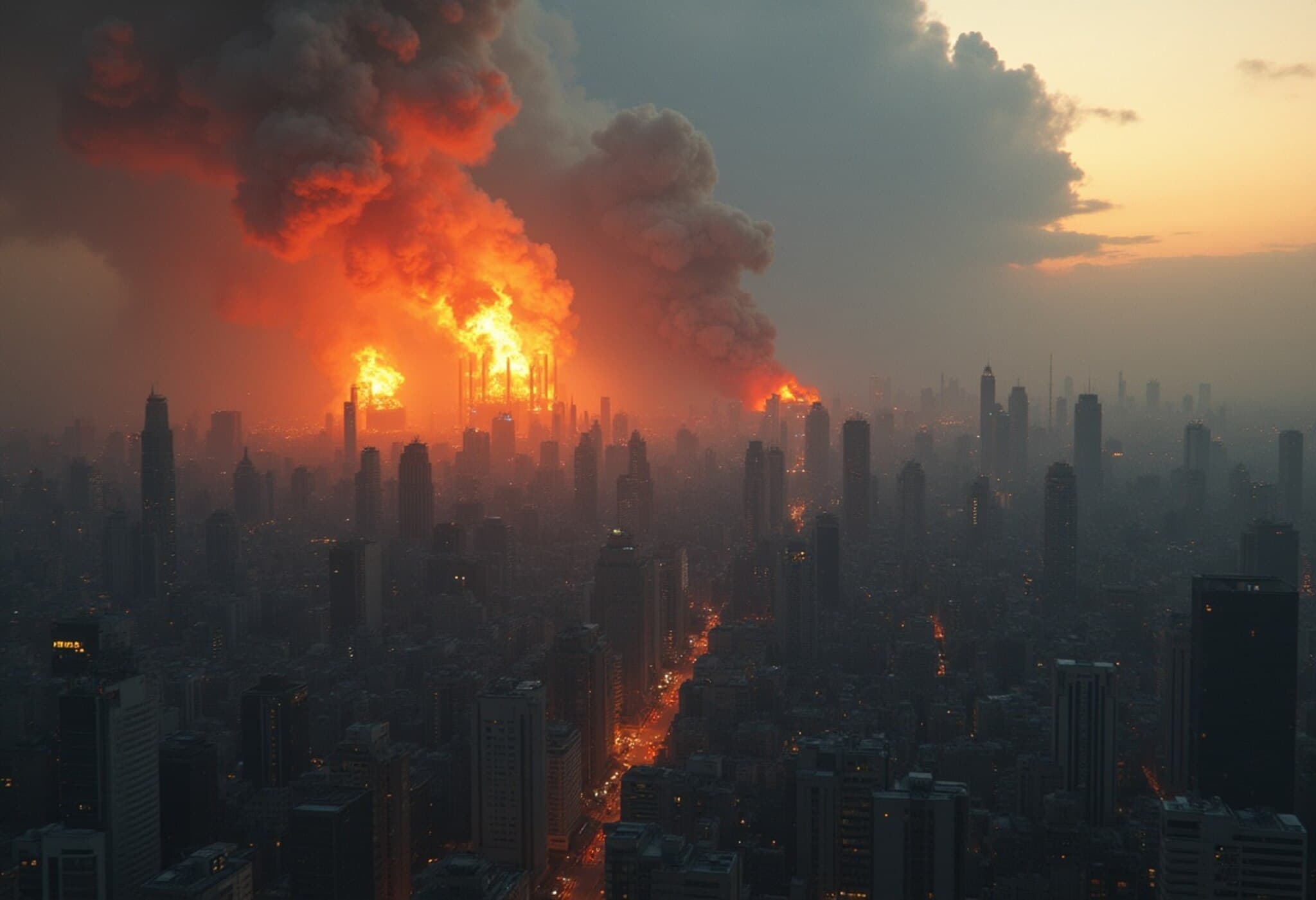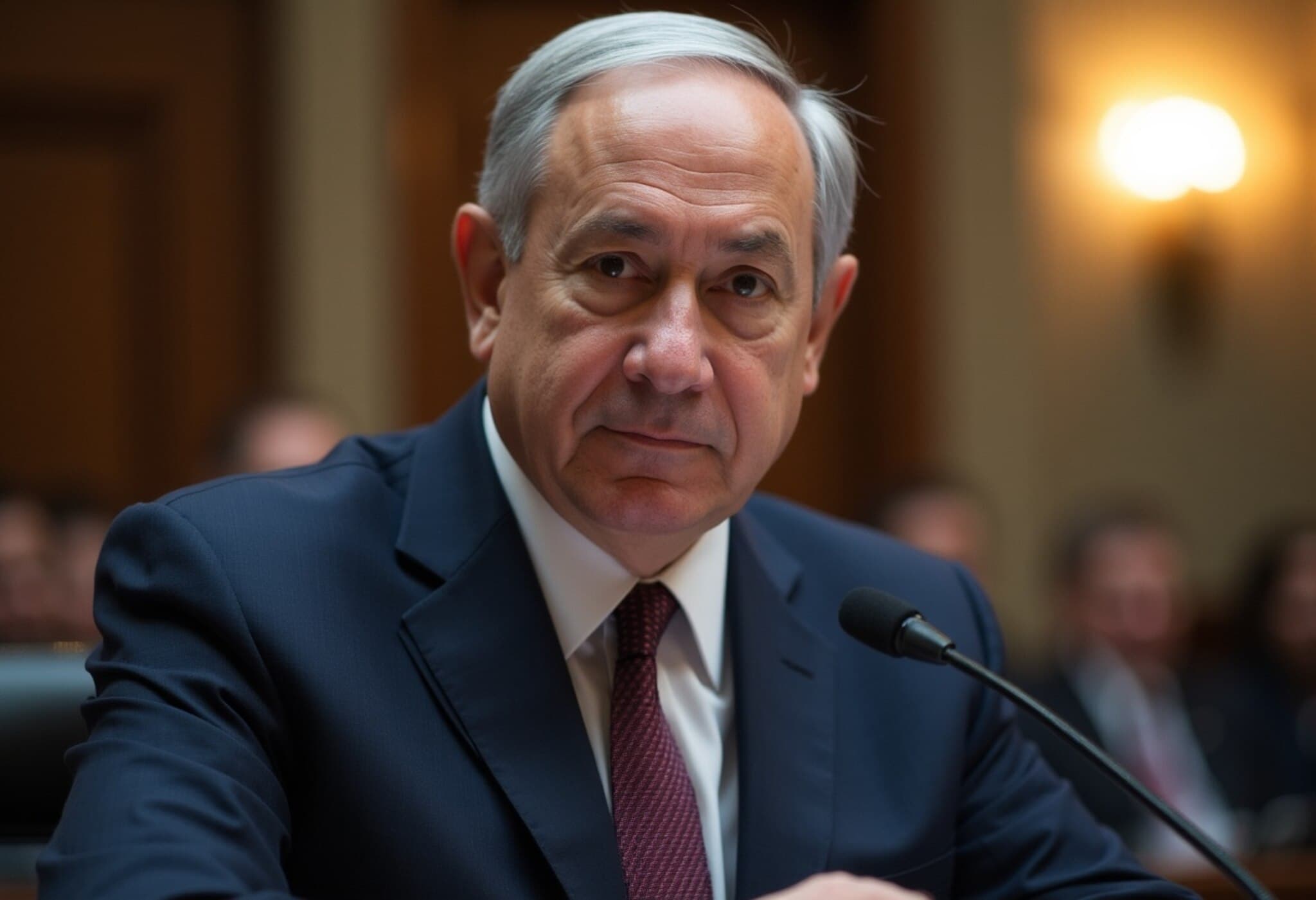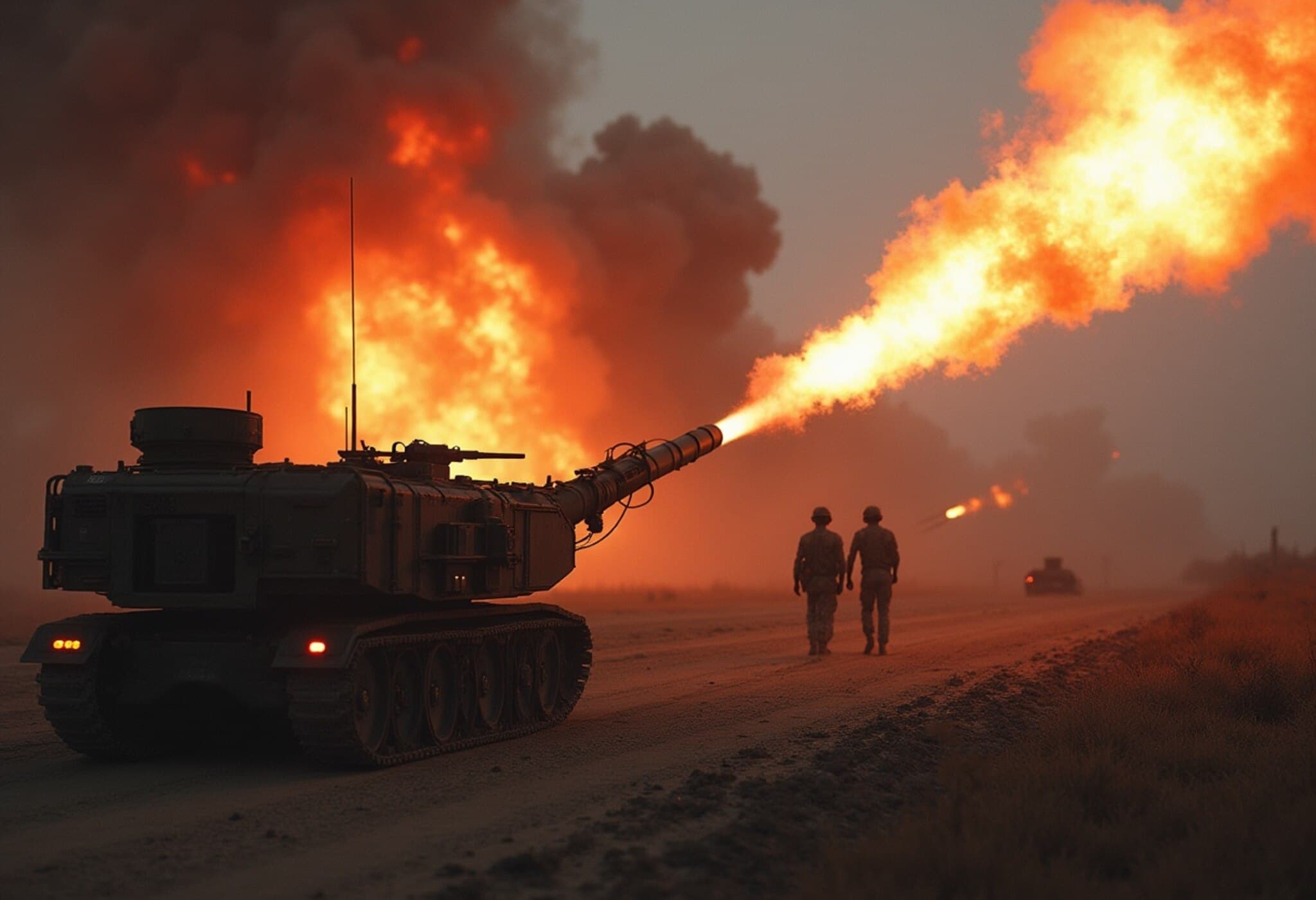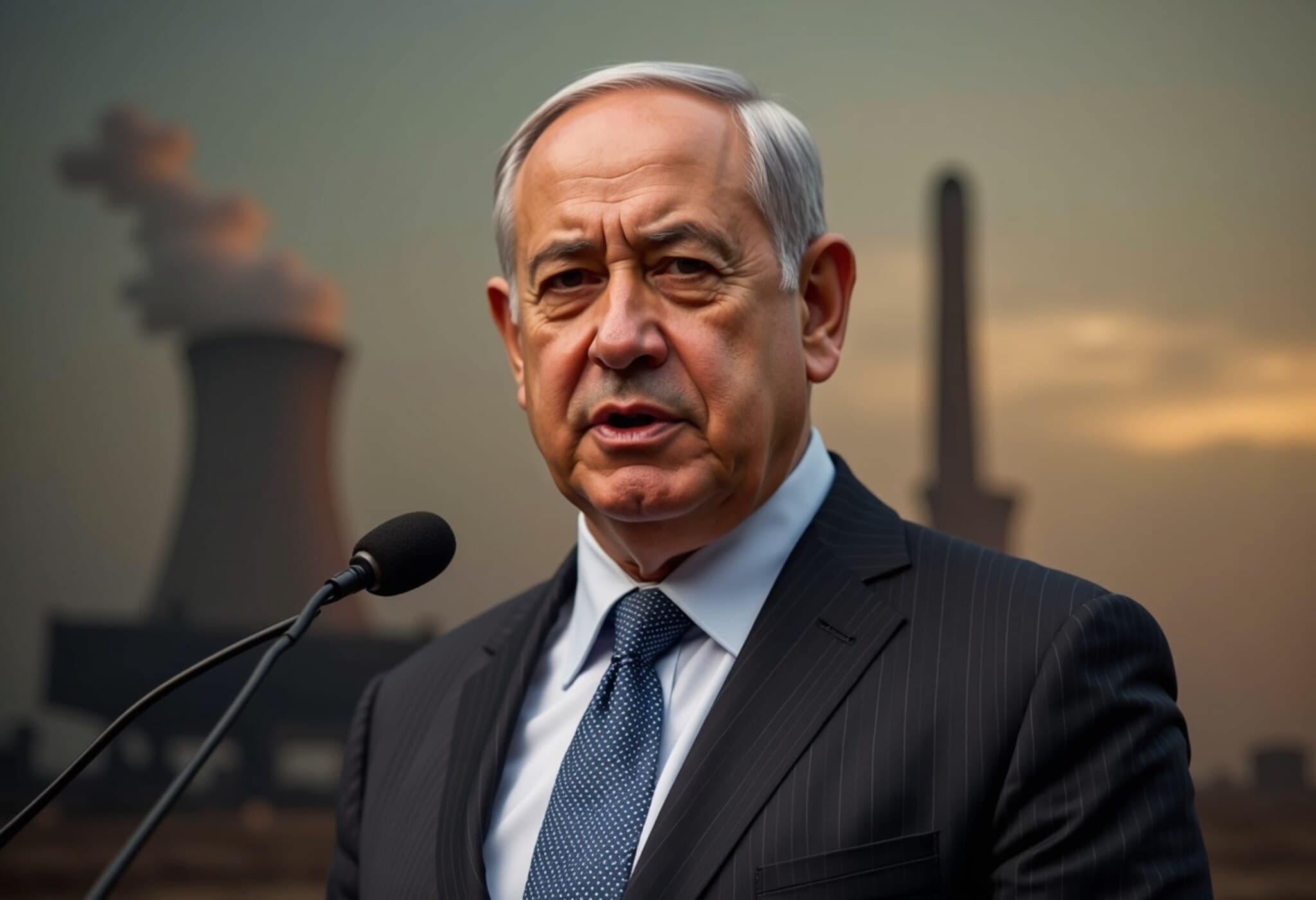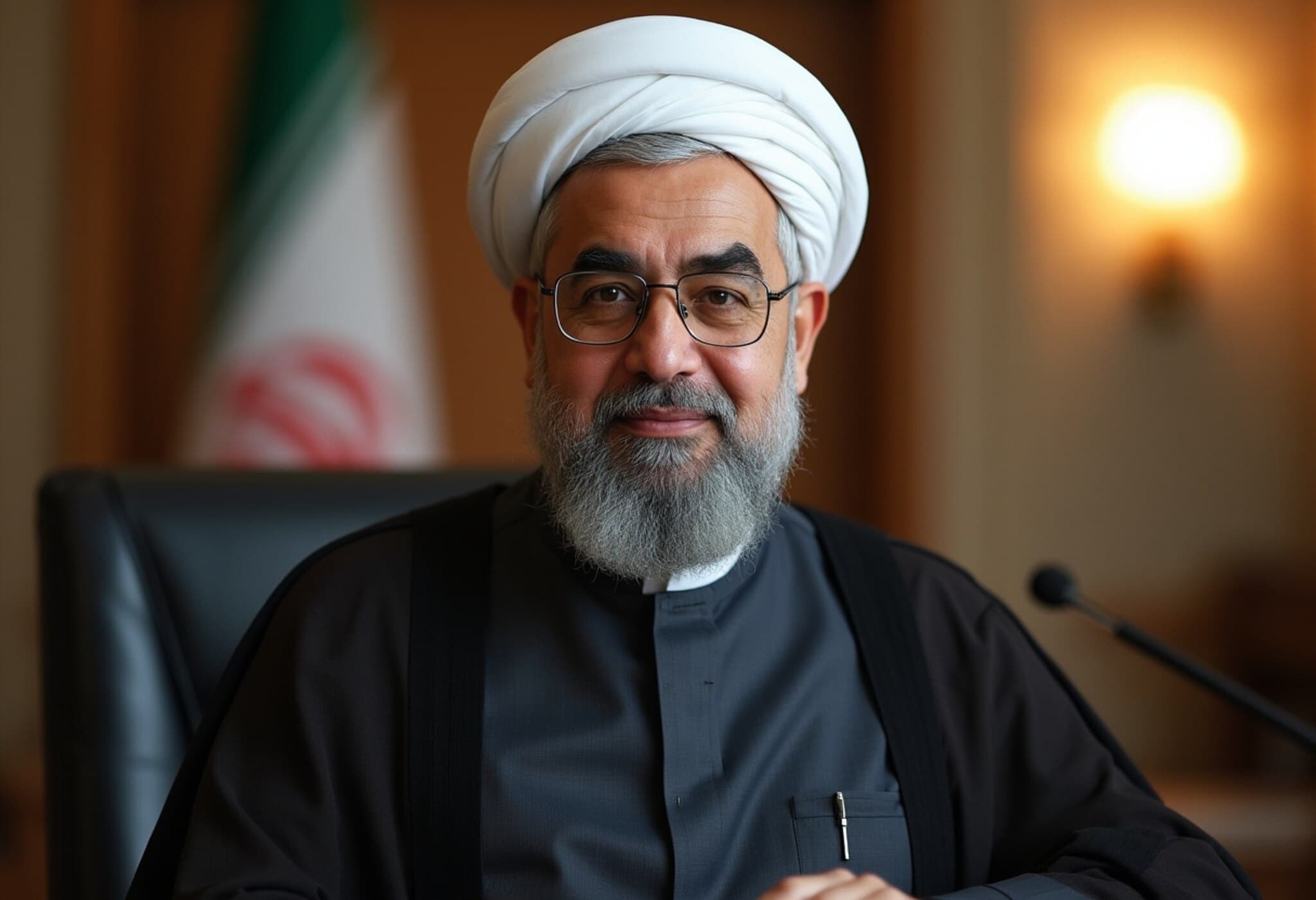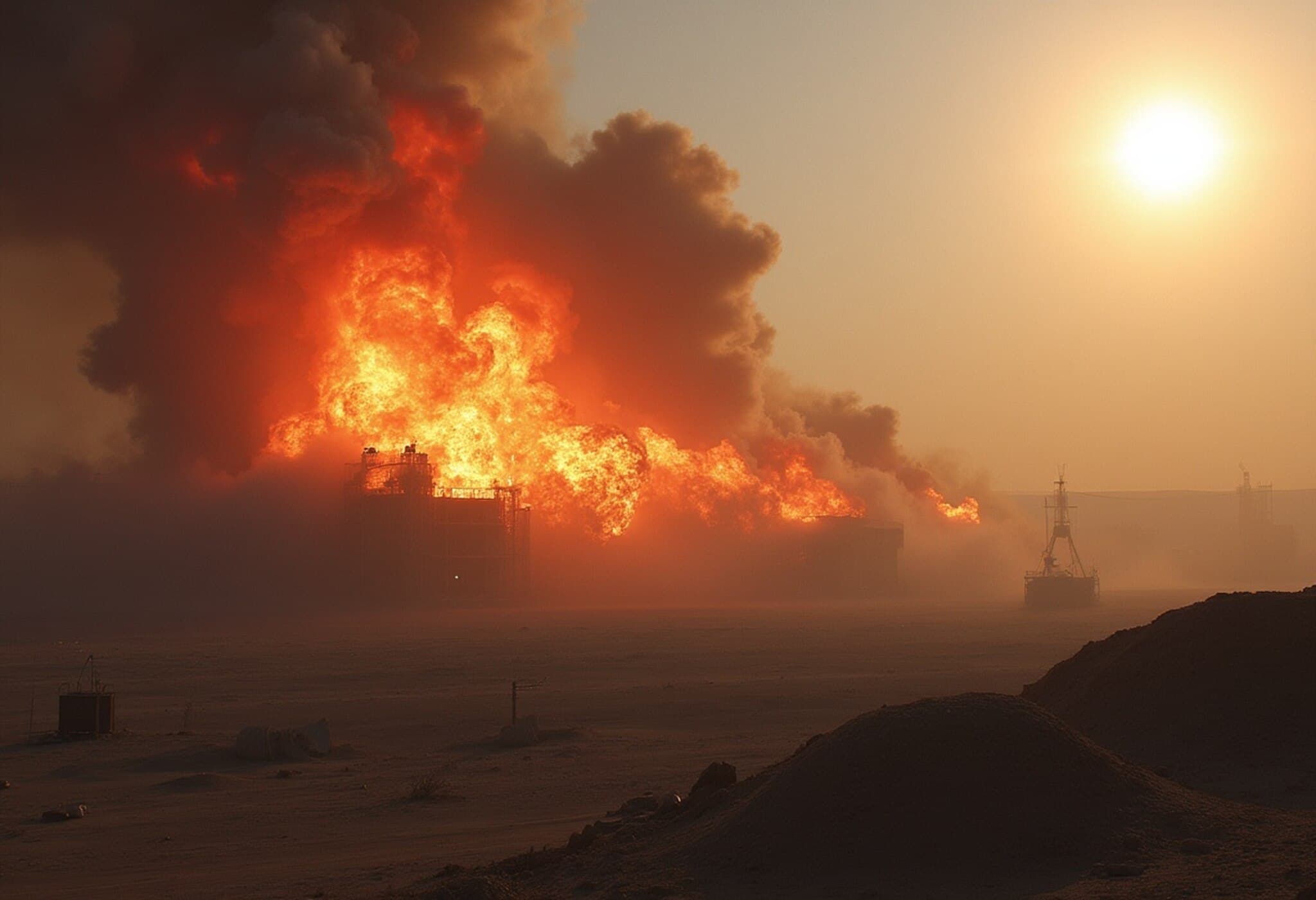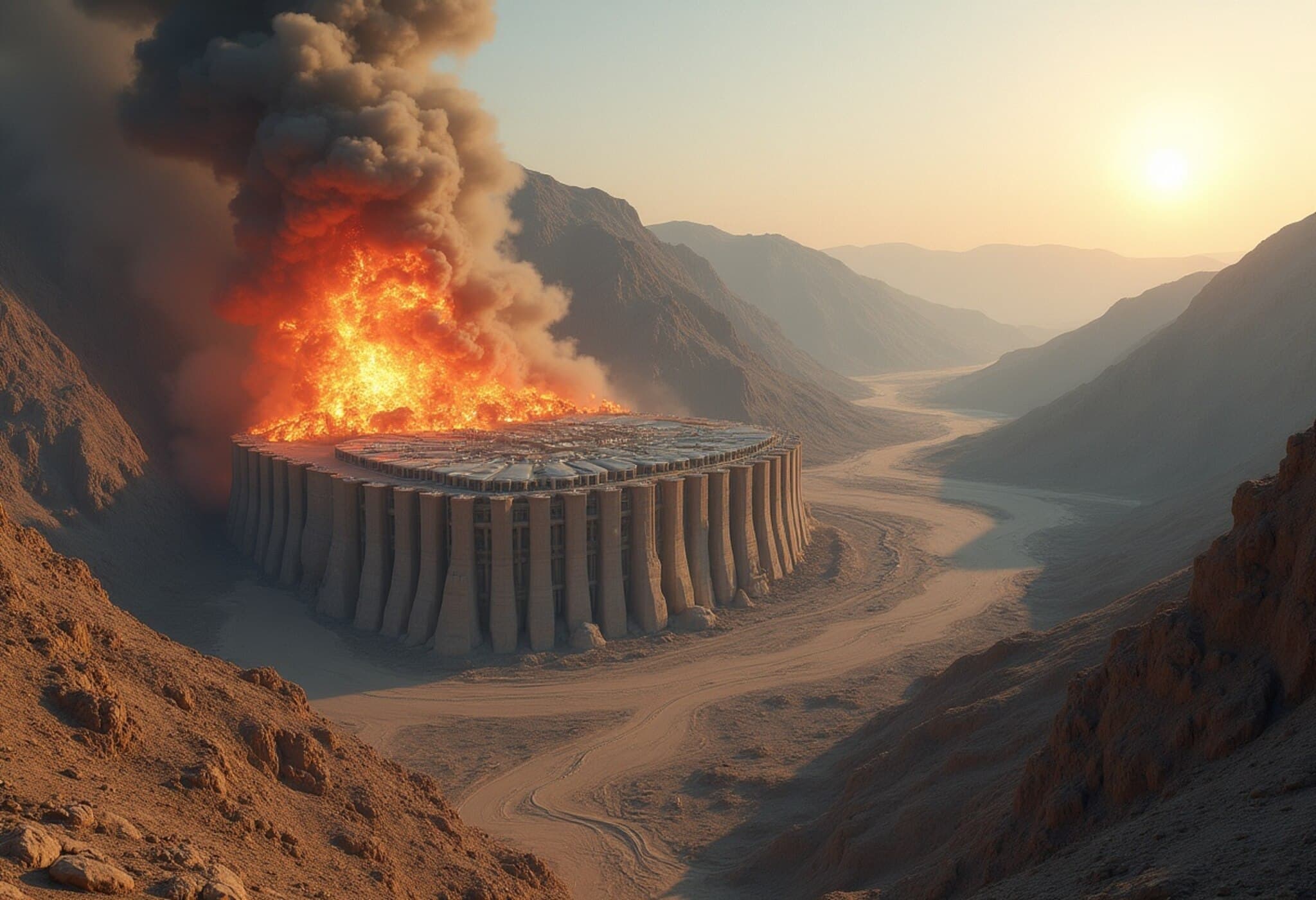Trump Highlights Possibility of Israeli Strike on Iran Amid Nuclear Tensions
On Thursday, US President Donald Trump cautioned that an Israeli strike on Iran “could very well happen”, though he stopped short of labeling it imminent. Emphasizing a preference to steer clear of military confrontation, Trump urged for stronger, more rigorous negotiations over Iran’s controversial nuclear program.
Rising Tensions Following UN Nuclear Watchdog’s Declaration
The warning comes in the wake of a pivotal decision by the UN nuclear watchdog’s board of governors, which declared Iran in breach of its non-proliferation commitments for the first time in nearly two decades. In response, Tehran announced countermeasures, with Iranian officials revealing that a friendly country had sounded alarms about a potential Israeli attack.
Upcoming Diplomatic Talks to Address Uranium Enrichment
US and Iranian delegations are scheduled for a sixth round of talks in Oman this Sunday, aiming to tackle Tehran’s expanding uranium enrichment efforts. Despite these diplomatic efforts, regional security concerns have intensified.
US Military Precautions Amid Growing Security Fears
Just a day prior, Trump revealed that US personnel were being moved out of the Middle East due to escalating risks, underscoring that Tehran “would not be allowed to develop a nuclear weapon.” While US officials remain wary of a possible Israeli military strike in the near term, intelligence suggests Israel is still weighing its options rather than having finalized a decision.
At a White House event, Trump candidly stated, “I don’t want to say imminent, but it looks like it’s something that could very well happen.” He further insisted that Iran must negotiate more aggressively, conceding ground they have so far refused to give.
Regional Instability Fuels Diplomatic and Security Challenges
The ongoing Gaza conflict between Israel and Hamas has already undercut stability in the Middle East. Against this backdrop, Trump has warned of bombing Iran if nuclear talks falter, expressing diminishing confidence in Tehran’s willingness to halt uranium enrichment. Iran, for its part, seeks relief from stringent US sanctions imposed since 2018.
Adding to the complexity, Trump expressed frustration over rising oil prices linked to supply concerns caused by escalating tension in the region.
Speculation Around US Moves and Iranian Response
The US evacuation of personnel, coupled with cautious warnings from anonymous officials about an Israeli attack, has led some diplomatic circles to speculate whether this is a pressure tactic aimed at coaxing Iran towards concessions.
Iranian President Masoud Pezeshkian dismissed such threats, asserting that even if nuclear facilities were destroyed, they would be rebuilt, underscoring Tehran’s resolve.
International Atomic Energy Agency’s (IAEA) Stance
The IAEA’s board, representing 35 nations, flagged Iran’s nuclear activities as violations, possibly paving the way for a report to the UN Security Council. This development caps years of tension following the US withdrawal from the 2015 nuclear deal, which has since unraveled.
An IAEA official noted that Iran has since notified plans to open a third uranium enrichment plant, further escalating concerns.
What Lies Ahead?
- Diplomatic talks in Oman will be closely watched for breakthroughs or setbacks.
- US and Israeli actions will remain under intense scrutiny due to regional volatility.
- Global markets are likely to respond to geopolitical shifts, especially oil prices.
As the situation unfolds, the world remains on edge, balancing hopes for peaceful resolution with the stark realities of escalating nuclear tensions.

